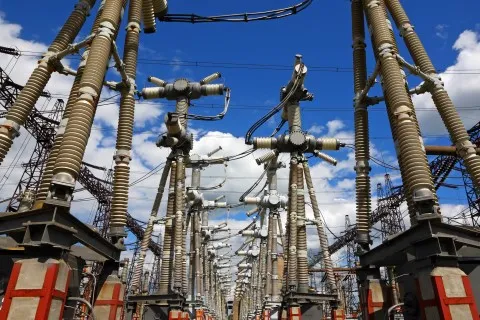
Japanese regulators still supportive of Kansai Electric's nuclear restarts
Five in nine reactors have been given preliminary approvals.
Last fiscal year's second rate hike made the company profitable, and Moody's expects that consistent cost controls will keep the company's EBITDA above D&A, interest and tax levels, even if the utility's nuclear reactors remain shut down.
"We expect Kansai Electric will remain profitable at least over the coming 12-18 months," said Moody's Vice President -- Senior Analyst, Mariko Semetko.
"At the same time, we don't expect further meaningful improvements in the company's credit metrics over the next 12-18 months" adds Semetko who is also the Lead Analyst for the company.
This is because Kansai Electric will reduce its tariffs if and when its nuclear reactors restart, limiting the upside of earnings and cash flow growth from nuclear generation.
Here's more from Moody's:
Previously, Kansai Electric had planned to reduce its electricity tariffs following the restart of its Takahama 3 and 4 reactors, but had to postpone it after a court injunction shut down the reactors shortly after restarting.
The company's customer attrition rate since the electricity retail deregulation in April 2016 has been one of the highest among the Japanese utilities, and nuclear restart, if and when it happens, will allow the company to become more price competitive.
Moody's expects that competition in Kansai Electric's service area will be intense relative to many other regions in Japan, especially when gas retail sales are deregulated on 1 April 2017.
The regulators remain supportive of restarting Kansai Electric's nuclear power plants, thus far approving or granting preliminary approvals to five of its nine nuclear reactors.
Having said that, the utility continues to face judicial risks. A court injunction brought on by residents have halted the operations of once-restarted Takahama 3 and 4 reactors despite the regulators approvals, and the company has not been able to reopen them to date.

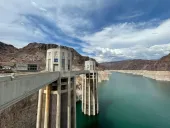
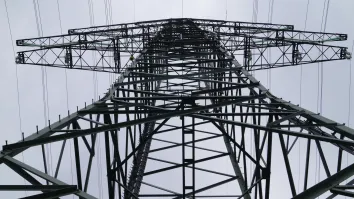
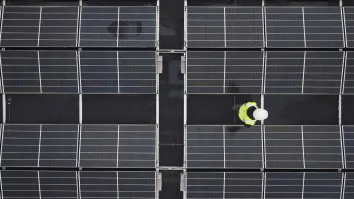
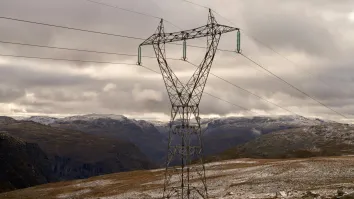

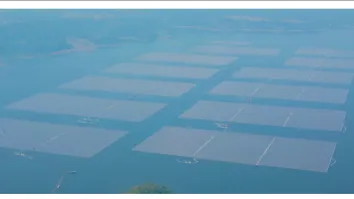
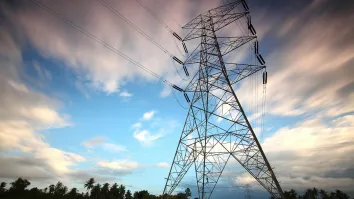
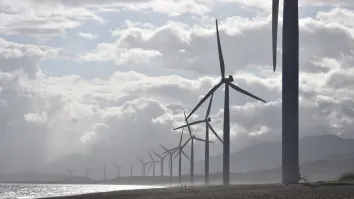

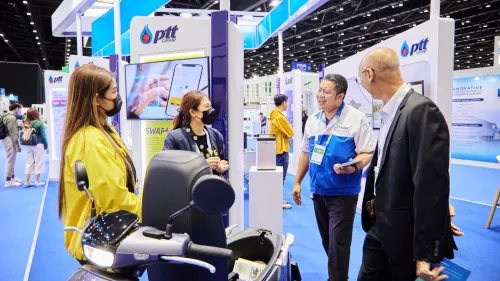








 Advertise
Advertise






